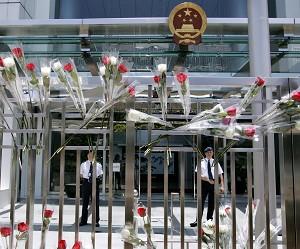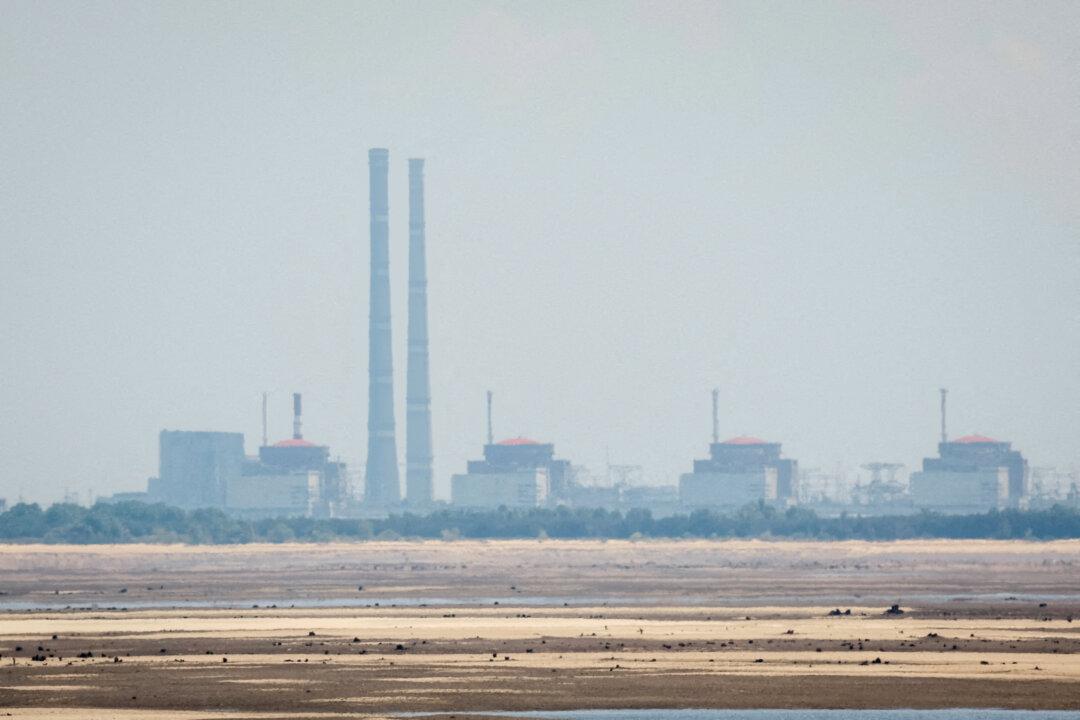BEIJING—An official Chinese obituary praised a late Communist Party city boss on Thursday for “maintaining stability” during the 1989 Tiananmen Square Massacre in a rare mention of a subject that remains taboo to this day.
Publication of the obituary in the People’s Daily, the Party’s official paper, coincided with the third anniversary of the death of Zhao Ziyang.
Zhao was toppled as national Party chief in 1989 for opposing a decision by then paramount leader Deng Xiaoping to send in troops to crush the student-led pro-democracy protests.
Hundreds, perhaps thousands, were killed.
Families of victims and dissidents are kept under tight police surveillance and have had no success in petitioning the government to reverse the official verdict that the protests were “counter-revolutionary”, or subversive.
Authorities warned several dissidents, Tiananmen survivors and relatives of victims not to visit Zhao’s courtyard home in Beijing, dissident Jiang Qisheng said by telephone.
“There are police outside. They won’t let me visit Zhao Ziyang’s home. Others have also been told not to go,” Jiang said.
The Communist Party remains nervous about Zhao’s residual influence and has tried to erase him from public memory, blanking out his role in economic reforms that turned China from an economic backwater to an export powerhouse.
Zhang Lichang, late Party boss of the port city of Tianjin for almost 10 years until March 2007, did not play a direct role in the Massacre in nearby Beijing on June 3-4, 1989.
“During the political disturbance that occurred when spring was changing into summer in 1989, he resolutely supported the Party Central’s major decisions and policies ... maintained social stability and guaranteed the livelihood of city residents,” the obituary read.
Zhang, 68, was once one of the country’s most powerful men, sitting on the Party’s decision-making Politburo until last October. He died in Tianjin on Jan. 10.






Friends Read Free